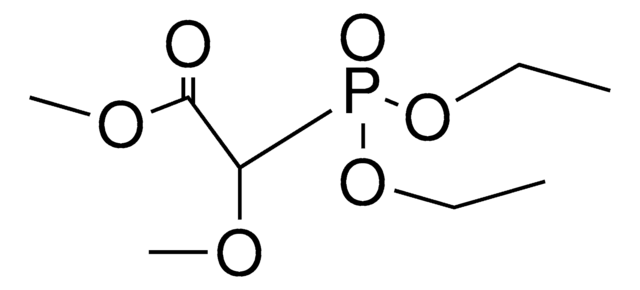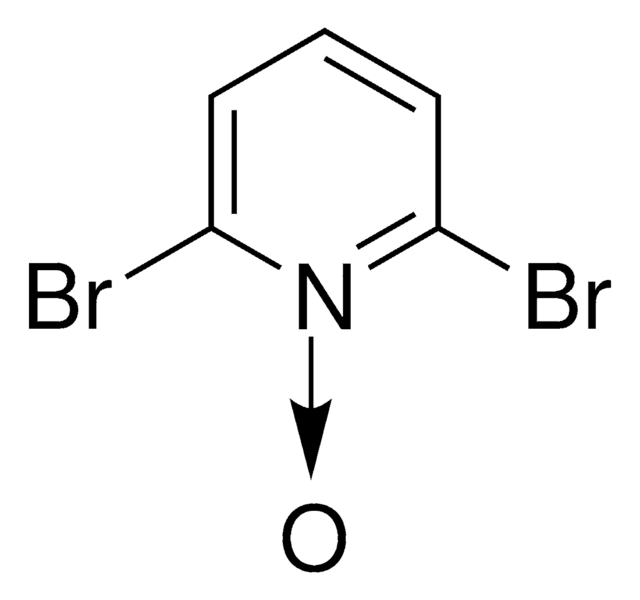906794
Bis(neopentyltrimethylammonium) oxalate
Sinónimos:
N,N,N,2,2-Pentamethylpropan-1-aminium oxalate, Bis(trimethylneopentylammonium) oxalate
Iniciar sesiónpara Ver la Fijación de precios por contrato y de la organización
About This Item
Productos recomendados
form
powder, crystals or chunks
storage temp.
−20°C
Application
This bis(neopentyltrimethylammonium) oxalate is used in the elution step of the Ritter lab′s new method for deoxyfluorination of phenols. First, an Fmoc-protected ruthenium tyrosine amino acid derivative ([CpRu(Fmoc-tyrosin)]CF3CO2, cat# 902314) is incorporated to a peptide. Later, bis(neopentyltrimethylammonium) oxalate and chloroimidazolium chloride (cat# 904848) facilitate the elution of [18F]fluoride. The final [18F]fluoride radiolabeled polypeptide is useful in positron emission tomography (PET) imaging for the study of various biological applications.
Automate your fluorination reactions with Synple Automated Synthesis Platform (SYNPLE-SC002)
Automate your fluorination reactions with Synple Automated Synthesis Platform (SYNPLE-SC002)
Caution
Bis(neopentyltrimethylammonium) oxalate is hygroscopic and should be stored in a closed vial or in a desiccator.
Related product
Referencia del producto
Descripción
Precios
Storage Class
11 - Combustible Solids
wgk_germany
WGK 3
flash_point_f
Not applicable
flash_point_c
Not applicable
Certificados de análisis (COA)
Busque Certificados de análisis (COA) introduciendo el número de lote del producto. Los números de lote se encuentran en la etiqueta del producto después de las palabras «Lot» o «Batch»
¿Ya tiene este producto?
Encuentre la documentación para los productos que ha comprado recientemente en la Biblioteca de documentos.
Jens Rickmeier et al.
Angewandte Chemie (International ed. in English), 57(43), 14207-14211 (2018-09-07)
Radiolabeled receptor-binding peptides are an important class of positron emission tomography tracers owing to achievable high binding affinities and their rapid blood clearance. Herein, a method to introduce a 4-[18 F]fluoro-phenylalanine residue into peptide sequences is reported, by chemoselective radio-deoxyfluorination
Nuestro equipo de científicos tiene experiencia en todas las áreas de investigación: Ciencias de la vida, Ciencia de los materiales, Síntesis química, Cromatografía, Analítica y muchas otras.
Póngase en contacto con el Servicio técnico








